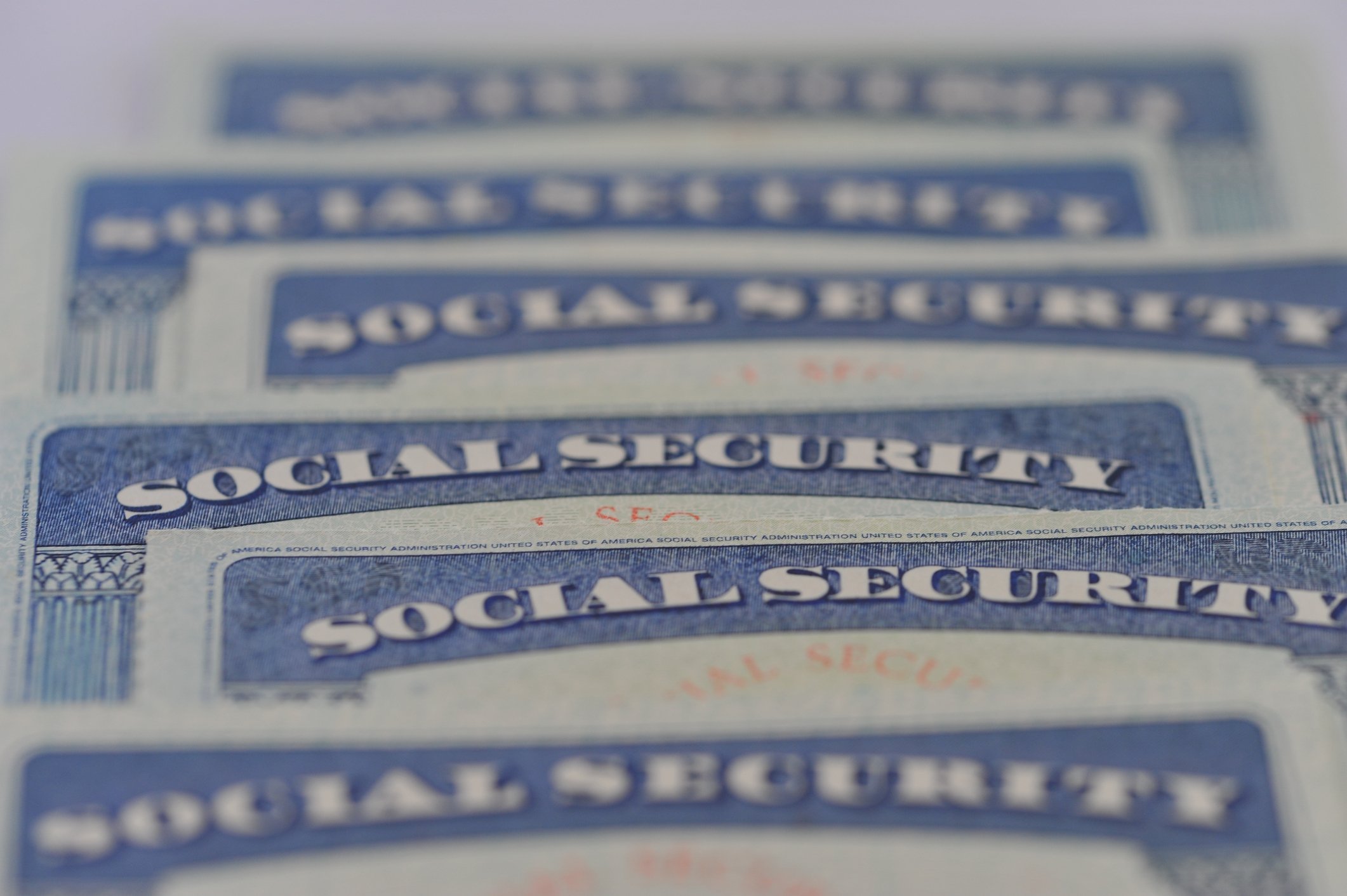Whether you're the owner of a small restaurant with seven employees, a beekeeper who sells honey at farmers markets, or someone who makes and sells jigsaw puzzles online, you might reasonably be wondering, "Do I have to collect sales tax?"
There's a good chance that the answer is yes. But there are some circumstances in which you don't have to collect sales tax.

Image source: Getty Images.
Sales tax, in a nutshell
The U.S. federal government doesn't levy a sales tax, but each state has the right to charge sales tax, and many states permit local governments to charge a sales tax, too. According to the Tax Foundation, the number of states charging a sales tax is 45 (plus the District of Columbia), and local sales taxes are collected in 38 states. The five states charging the highest total state and local sales taxes are:
|
State |
State and Local Sales Tax Total |
|---|---|
|
Louisiana |
10.02% |
|
Tennessee |
9.46% |
|
Arkansas |
9.41% |
|
Washington |
9.18% |
|
Alabama |
9.10% |
Data source: The Tax Foundation.
The states without a state sales tax are Alaska, Delaware, Montana, New Hampshire, and Oregon, though Alaska and Montana permit local sales taxes.
It's not only tax rates that vary by state, but also what is taxed. Not every kind of purchase gets slapped with a sales tax. Prescription drugs, for example, are often excluded from sales taxes, as is food -- though sometimes food purchased at restaurants is taxed, while food bought at grocery stores is not. Some states exempt clothing, too. Many services face a sales tax, too, such as car repairs, landscaping services, dog grooming, business services, and amusement or entertainment venues. Interestingly, many services performed by licensed professionals such as doctors, dentists, lawyers, accountants, and the like are often exempted (to some degree, that's because their trade organizations have been able to lobby effectively).
Another often-exempt category is that of raw materials or items in the process of manufacturing. It's typical that sales taxes focus on the end user or consumer, so that when companies buy raw materials with which to make goods, they're not taxed on those purchases, with the taxation happening only when the item is completed and sold.
Do you have to collect in-state or out-of-state sales tax?
Clearly, whether you have to collect sales tax for whatever products or services you provide will depend on a bunch of factors, such as whether your state has state or local sales taxes and what, exactly, is subject to those taxes. It also gets more complicated if you're selling anything across state lines. To get the most definitive answer for yourself, check with your state's tax department.
Here's some useful background info, though. For starters, it's good to understand the concept of "nexus," which is a fancy term in the world of sales tax that refers to a physical presence that's sufficient to trigger the tax. Perhaps obviously, if you live and work in a particular state and all your sales occur there, too, that's a nexus, making it likely that you'll have to collect sales tax. It gets more complicated if you're selling across state lines. If your business is in one state and you sell to someone in another state where you have no business footprint, you likely won't have to collect sales tax. But sometimes simply having employees in that state, or employees who travel and make sales call in the state, or even if you just hold some business property (including patents) in that state, you may be subject to collecting sales tax. Again, the rules will vary by state.
Note that per the current rules, most people selling goods online to people around the country or world will not have to collect sales tax. That rule is being challenged, though, due to the ever-growing prominence of online commerce. The Supreme Court was deliberating the issue (in the South Dakota v. Wayfair, Inc. case) when this article was published and a decision may have been rendered by the time you read it.
How to collect and submit sales tax
So let's say that you do have to collect sales tax in your line of business. How do you do so? Well, first look into whether your state requires you to get a sales tax permit or seller's permit or license to sell -- either from the state or from your local government.
Keep in mind, too, that it can be tricky figuring out what to charge customers in various places, as sales tax rates vary so widely. In fact, some sales taxes are based on where your business is located, while others are based on where the buyer is located. The rules will depend on your state.
Thus, look for any help you can get. If you have an online store that you manage yourself, you might want to use some checkout service that handles the sale tax calculations and management. If you are selling via some big online marketplaces, they may do the math for you and collect the appropriate amount from the customer. Some services for small businesses and online sellers, such as TaxJar.com, will manage your sales tax collection, too, and even file sales tax returns for you.
Taxes may not be the most exciting topic, but the more you know about them, the smarter tax decisions you'll likely make, potentially saving yourself some trouble and money.





